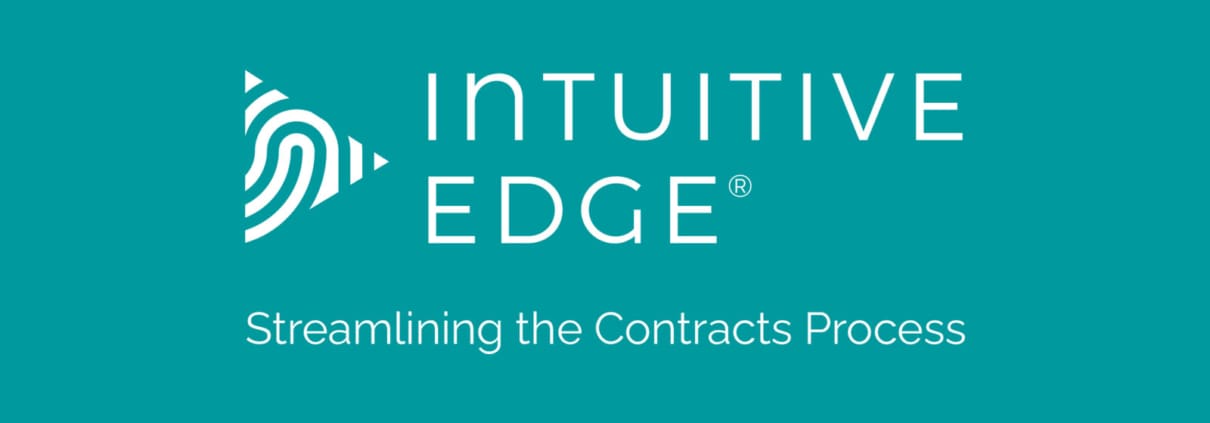Unlocking Revenue and Reducing Risk: The Power of Data Analytics in Customer Contract Management
In today’s business world, contracts are more than just legal documents; they’re strategic assets. With the rapid advancement of technology, data analytics is proving to be a game-changer in the realm of customer contract management. Let’s delve into how leveraging data analytics can help businesses optimize revenue generation and mitigate risks in their contractual dealings.
1. Enhanced Visibility into Contracts
Contracts often contain critical information buried within clauses, annexures, and footnotes. Data analytics tools can sift through these vast repositories of information, providing insights at a glance. Whether it’s tracking expiring contracts, understanding most negotiated clauses, or spotting unfavorable terms, data analytics offers a panoramic view of all contracts, helping businesses to take timely and informed decisions.
2. Revenue Optimization
Every contract has revenue implications. With data analytics:
- Spotting Upselling & Cross-Selling Opportunities: By analyzing contract terms and customer buying behavior, businesses can identify products or services that can be cross-sold or upsold, maximizing the revenue potential of each contract.
- Highlighting Renewals: Automated alerts about approaching renewals ensure that businesses never miss out on continued revenue streams.
- Identifying Revenue Leakages: Data analytics can highlight overlooked contract terms or unmet obligations that could lead to potential revenue loss.
3. Proactive Risk Management
Contracts come with their share of risks. Through data analytics:
- Risk Profiling: Contracts can be categorized based on their risk profiles, enabling businesses to prioritize their review and negotiation efforts on high-risk contracts.
- Predictive Analytics: By analyzing historical contract data, businesses can predict potential risks, giving them a head start in addressing them.
- Ensuring Compliance: Analytics can ensure that contracts adhere to industry regulations and internal company policies, reducing the risk of legal penalties.
4. Streamlined Negotiations
Data analytics can provide insights into frequently negotiated terms or clauses that often cause disputes. This information empowers businesses to proactively address these pain points in future negotiations, leading to faster closure of deals and better relationships with customers.
5. Enhancing Operational Efficiency
Apart from revenue and risk, data analytics also contributes to improving operational efficiency in contract management. Automated workflows, integration with other business systems (like CRM or ERP), and real-time reporting ensure that contract management becomes a smooth, integrated part of the business operations.
Conclusion
In an era where contracts are growing in volume and complexity, data analytics emerges as a beacon for businesses. By transforming raw contract data into actionable insights, it not only paves the way for increased revenue but also fortifies the business against potential contractual risks. In essence, data analytics in customer contract management is not just a good-to-have but a must-have for modern businesses aiming for growth and resilience.






Leave a Reply
Want to join the discussion?Feel free to contribute!